Exploring the world of fruits, it’s fascinating to note that some are excellent for digestion due to their high fiber content, while others, albeit delicious, fall short in this area. Let’s delve into a list of 8 high-fiber fruits that can aid your digestive health, followed by 8 that might not contribute as much to your fiber intake.
1. Figs
Figs, with their luscious sweetness and rich texture, are a delightful addition to any diet focused on digestive health. Their high fiber content supports regular bowel movements, making them an excellent choice for those seeking to improve their digestive system.
Beyond their fiber benefits, figs offer a unique flavor profile that’s both sweet and slightly nutty, appealing to a wide array of palates. Their versatility in culinary uses, from salads to desserts, adds another layer of enjoyment.
Interestingly, figs have been revered since ancient times, often considered a symbol of abundance and prosperity in various cultures.
2. Avocados
Although many associate avocados with healthy fats, they are also an impressive source of fiber. A single avocado provides about 10 grams of dietary fiber. This creamy fruit offers a unique combination of soluble and insoluble fibers.
Avocados promote a healthy digestive tract by aiding in the smooth passage of food through the intestines. Whether spread on toast or blended into smoothies, avocados are versatile and delicious.
Their fiber content makes them a must-have for anyone looking to improve digestion. Embrace their buttery goodness and enjoy a fiber-rich diet.
3. Blackberries
In the world of berries, blackberries stand out for their exceptional fiber content. With approximately 8 grams per cup, they are a delightful way to boost fiber intake.
Their deep purple hue is not just appealing but also indicative of antioxidants, which support overall health. Blackberries are perfect for snacking or adding to meals, providing a tart burst of flavor.
Their natural sweetness makes them a favorite in desserts, without compromising on health benefits. Enjoy blackberries fresh or frozen, and let their fiber content work wonders for your digestion.
4. Passion Fruit
Exotic and vibrant, passion fruit is a small fruit packed with impressive fiber content. Each serving contains about 24 grams of fiber, making it a powerhouse for digestive health.
The seeds within are edible and contribute to its high fiber content. Passion fruit adds a tropical twist to smoothies and desserts, enhancing both flavor and nutrition.
Beyond fiber, it’s also rich in vitamins, making it a nutritious choice. This fruit’s distinct taste and texture make it a delightful addition to any diet focused on digestive health.
5. Kiwis
While small in size, kiwis are mighty in terms of fiber content. Each kiwi offers around 2 grams of fiber, aiding digestive health by promoting regular bowel movements.
Their bright green flesh is not only visually appealing but also loaded with nutrients. Kiwis are versatile, easy to incorporate into breakfasts or eaten on their own.
Their tangy and sweet flavor adds a refreshing element to dishes. In addition to fiber, kiwis provide vitamins that support digestion, making them a worthy inclusion in any diet.
6. Guava
Known for its unique flavor and aroma, guava is also celebrated for its high fiber content. With about 9 grams of fiber per cup, guava is a substantial fruit for improving digestion.
The fiber in guava aids in the absorption of nutrients and promotes regular bowel movements. Its sweet and slightly tangy taste makes it versatile in culinary uses.
Whether enjoyed fresh, in juices, or as a jelly, guava is a tropical delight that supports digestive health. Its fiber content is complemented by a wealth of vitamins, enhancing its nutritional value.
7. Pears
Often overlooked, pears are a fantastic source of dietary fiber. With about 6 grams of fiber in a medium-sized pear, they are excellent for promoting digestive regularity.
Their juicy and sweet flesh is complemented by a fiber-rich skin that should not be discarded. Pears are ideal for snacking, but also great poached or baked.
Beyond aiding digestion, pears offer a gentle sweetness that’s appealing to many. They are a versatile fruit that can be enjoyed in various forms while supporting a fiber-rich diet.
8. Oranges
Commonly associated with vitamin C, oranges are also a good source of dietary fiber. Each orange contains around 3 grams of fiber, primarily found in the pulp.
Their refreshing taste and juicy texture make them a popular choice for snacks and juices. Consuming oranges aids in digestion by promoting regular bowel movements.
They are not only hydrating but also beneficial for maintaining overall health. Whether eaten whole or in segments, oranges are a delightful addition to a fiber-focused diet. Their fiber and vitamin content make them a healthy choice.
9. Grapes
While grapes are deliciously juicy and sweet, they don’t offer much in terms of fiber content. With only about 0.9 grams of fiber per cup, they fall short of being a fiber-rich fruit.
Grapes are often enjoyed fresh, in salads, or pressed into wines, but they won’t significantly contribute to daily fiber intake. Their appeal lies in their flavor and versatility.
Grapes can be a refreshing snack on a hot day, but for those focusing on fiber, other fruits might be more beneficial. They are best enjoyed for their taste rather than fiber benefits.
10. Lychee
Exotic and fragrant, lychee is a tropical fruit loved for its unique taste. However, it offers minimal dietary fiber, with less than 2 grams per cup.
Lychees are often enjoyed fresh or in desserts, adding a sweet, floral flavor. For fiber seekers, lychee might not be the ideal choice.
Despite its low fiber content, lychee is rich in other nutrients like vitamin C. While they may not aid digestion much, their delightful taste makes them a treat for the senses. Enjoy lychees for their flavor, not fiber.
11. Watermelon
Watermelon, a summer staple, is known for its refreshing and hydrating properties. However, it’s low in fiber, with only about 0.4 grams per cup.
While it quenches thirst and satisfies sweet cravings, watermelon isn’t a go-to for fiber intake. It’s perfect for picnics and hot days, offering a juicy respite.
Despite its low fiber, watermelon is hydrating and loved for its clean, sweet taste. It serves more as a thirst-quencher than a fiber source. For digestion, other fruits might serve better.
12. Mango
Mangoes, with their rich, tropical flavor, are delightful but not high in fiber. A cup provides only about 2.6 grams of fiber.
These fruits are often enjoyed fresh or in smoothies, celebrated for their sweetness and creamy texture. While they add flavor, they don’t significantly boost fiber intake.
Mangoes are perfect for tropical dishes and desserts, offering a burst of sunshine in every bite. However, for those seeking fiber, they may need to look elsewhere. Enjoy mangoes for their taste, not for fiber content.
13. Pineapple
Pineapple, with its tangy and sweet taste, is a popular tropical fruit. Yet, it contains only about 2.3 grams of fiber per cup, making it a poor source of dietary fiber.
Often used in desserts, salsas, or cocktails, pineapples are celebrated for their flavor rather than fiber. They add a tropical twist to dishes but aren’t ideal for fiber intake.
Despite this, pineapples offer plenty of vitamin C and manganese, making them nutritious in other ways. While not fiber-rich, their unique taste and texture are hard to resist.
14. Honeydew
Sweet and juicy, honeydew melon is a refreshing treat but low in fiber. Offering about 1.4 grams of fiber per cup, it doesn’t contribute much to daily fiber needs.
Honeydew is often enjoyed in fruit salads or as a chilled snack, loved for its mild sweetness. While not a fiber powerhouse, it provides hydration and a burst of freshness.
Ideal for hot summer days, honeydew’s appeal lies in its flavor and lightness. For increased fiber, other fruits should be considered. Enjoy it for its refreshing taste rather than fiber content.
15. Cantaloupe
Cantaloupe, a cousin to honeydew, shares its juicy and sweet characteristics but not much fiber. With only about 1.5 grams of fiber per cup, it falls short on fiber content.
Popular in salads or as a breakfast fruit, cantaloupe is enjoyed for its flavor. While it doesn’t add much fiber, it is hydrating and refreshing.
Cantaloupe provides vitamins like A and C, offering nutritional benefits beyond fiber. It’s a delightful fruit for flavor, but for fiber, other options are recommended. Enjoy cantaloupe for its taste and hydration.
16. Papaya
Known for its tropical flair and digestive enzyme papain, papaya offers minimal fiber. With about 2.5 grams per cup, it doesn’t stand out as fiber-rich.
Often consumed for digestive health due to its enzymes, papaya is better for aiding digestion rather than providing fiber. Its sweet, musky flavor complements tropical dishes and smoothies.
While not high in fiber, papaya supports digestion in other ways. It’s a tropical delight that’s refreshing and delicious. For fiber, other fruits might be a better choice. Enjoy papaya for its enzymes and taste.
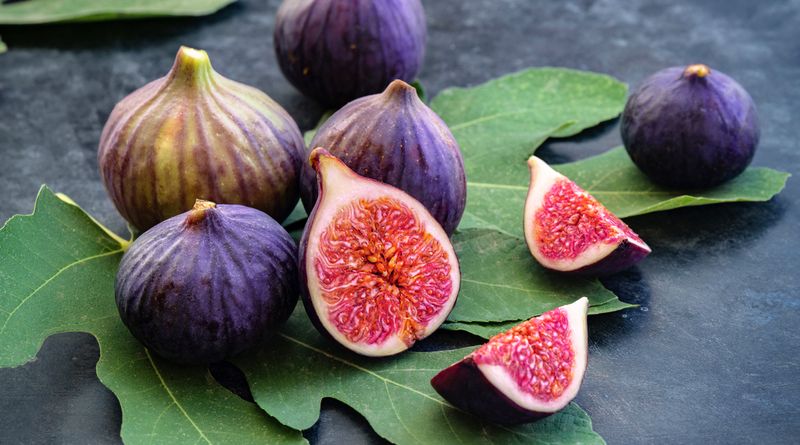
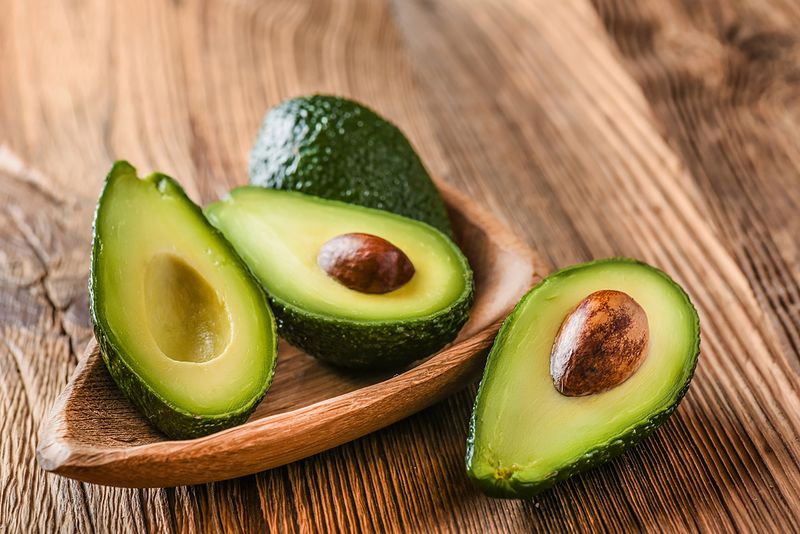
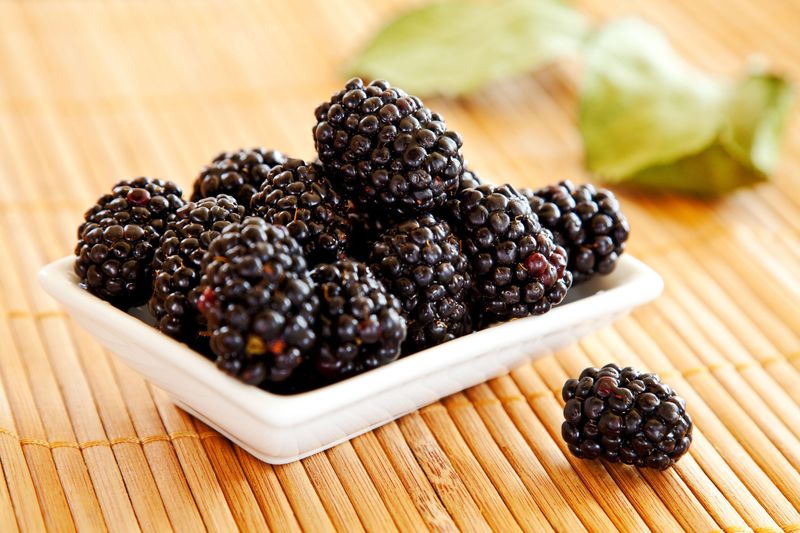
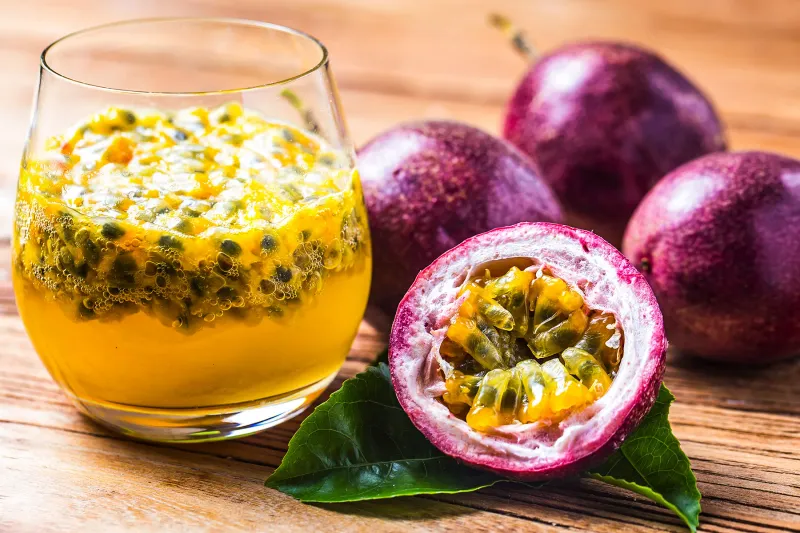
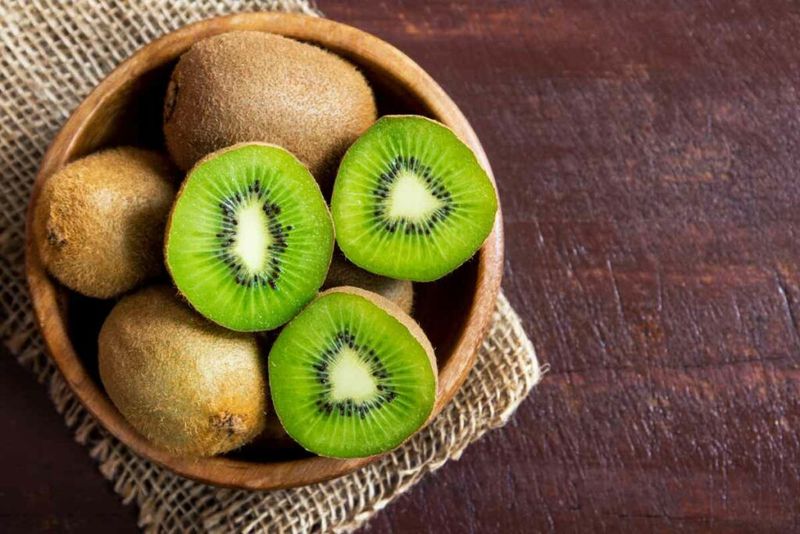
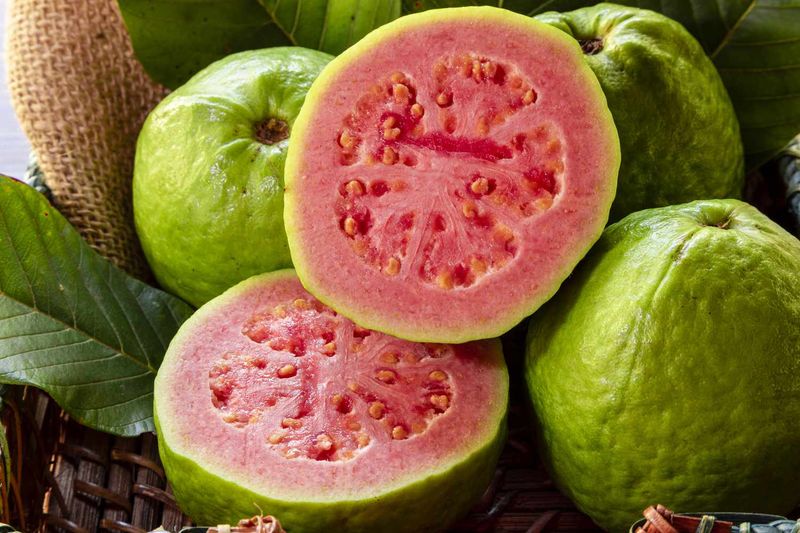
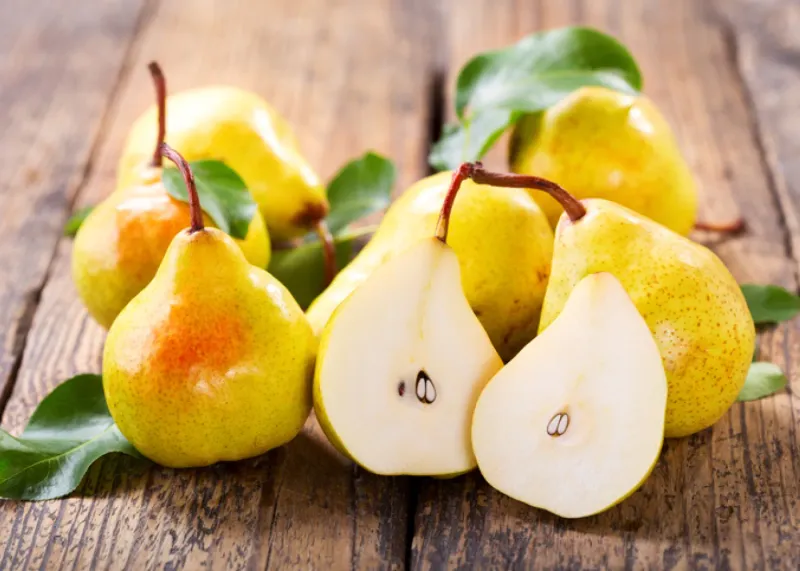
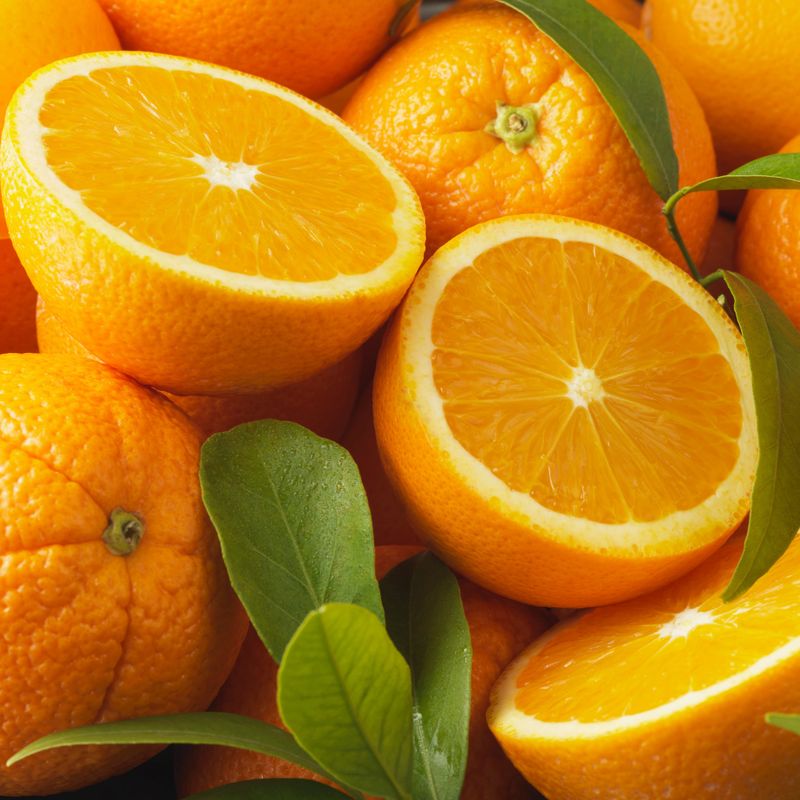
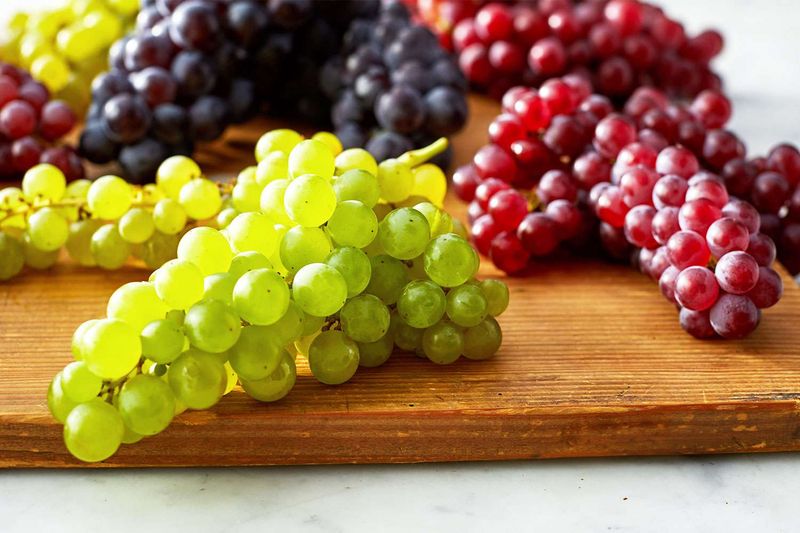
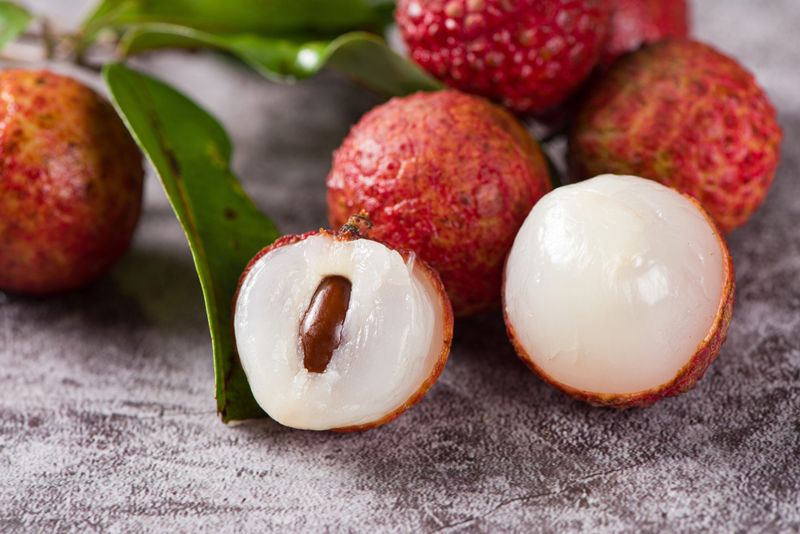
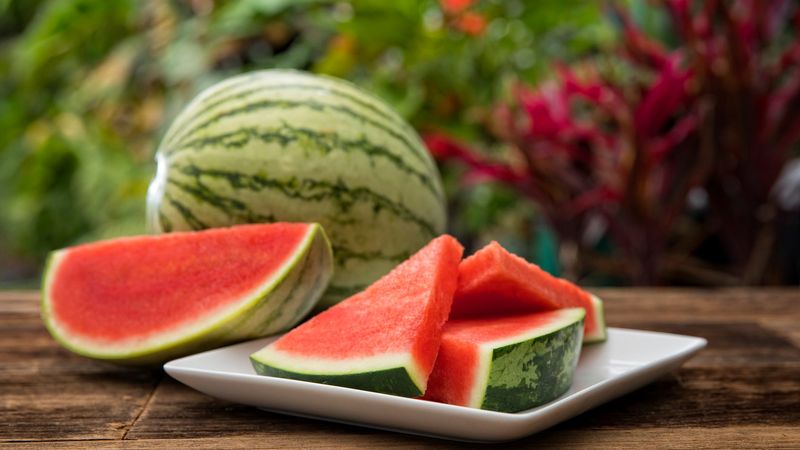
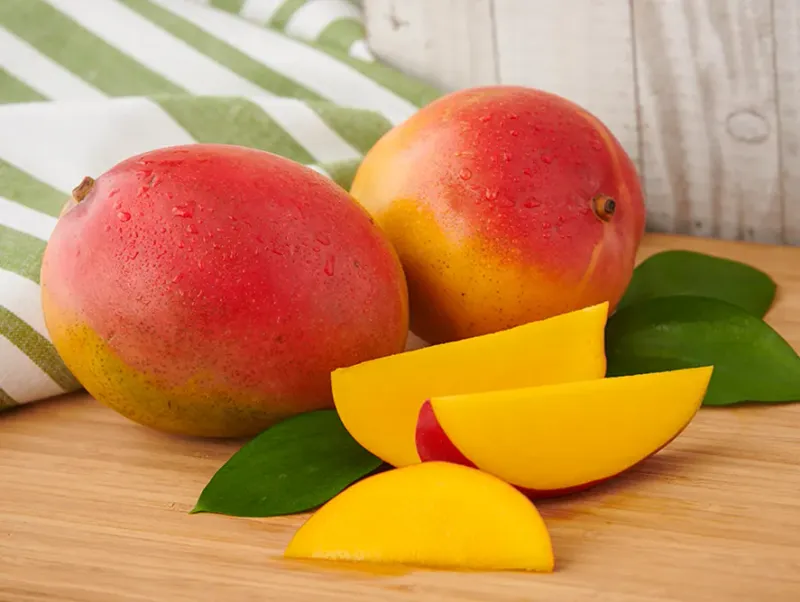
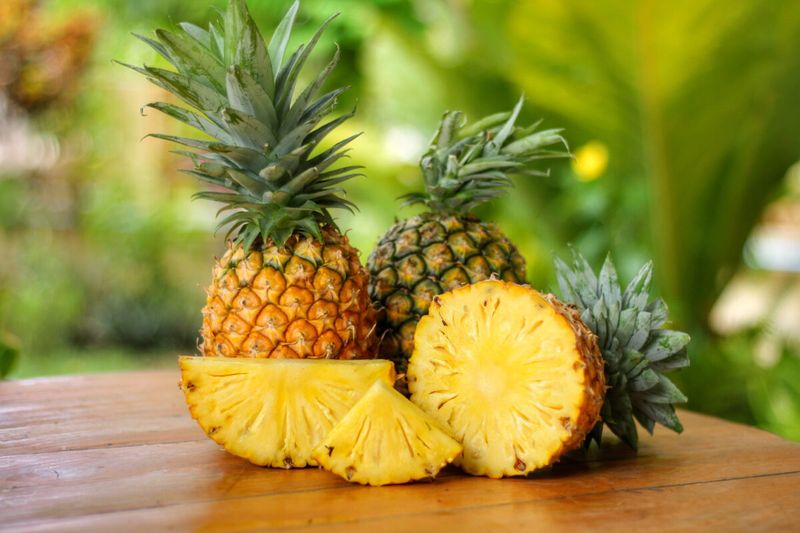
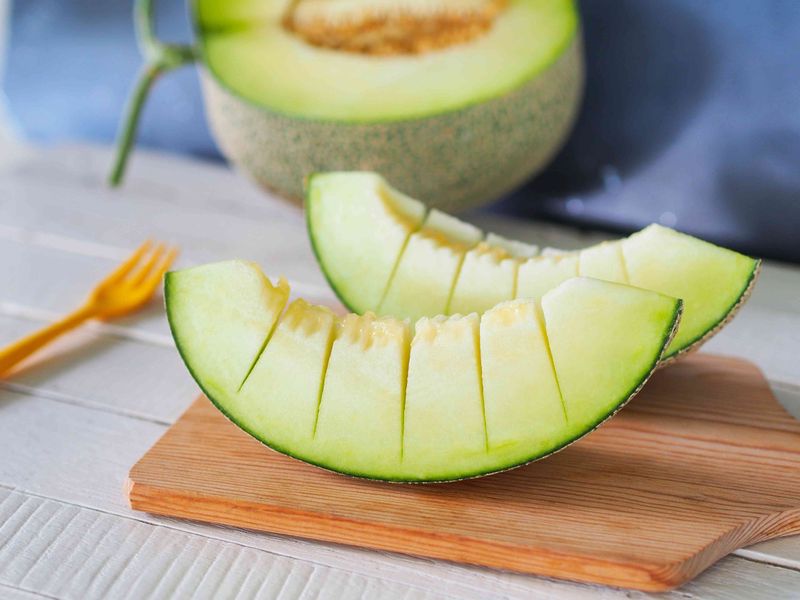
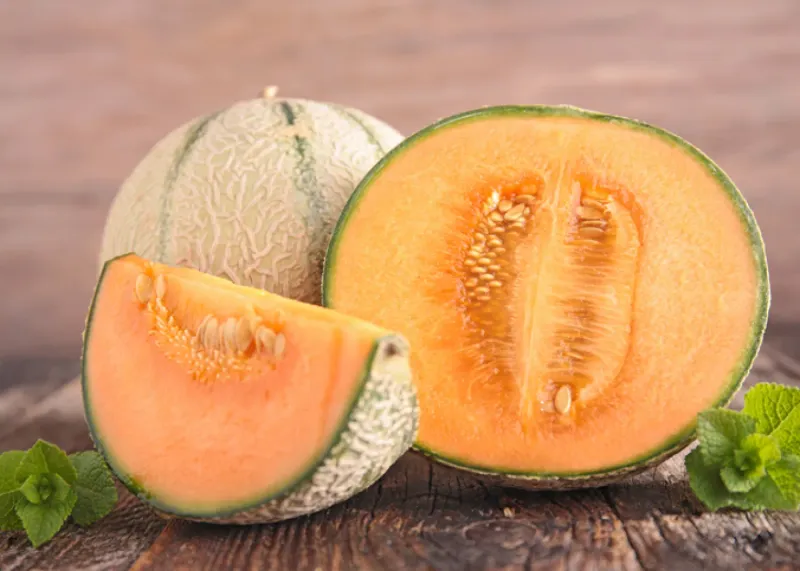
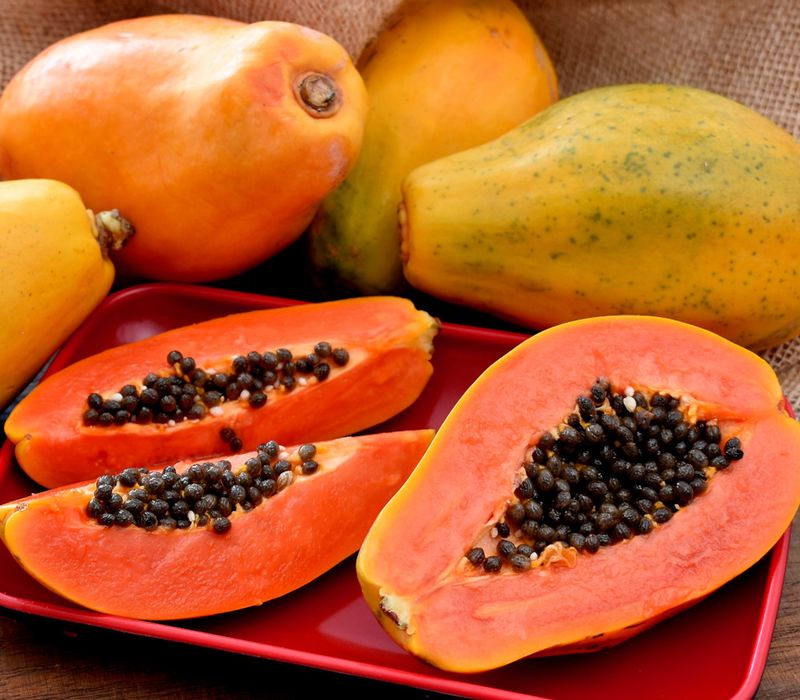
Leave a comment